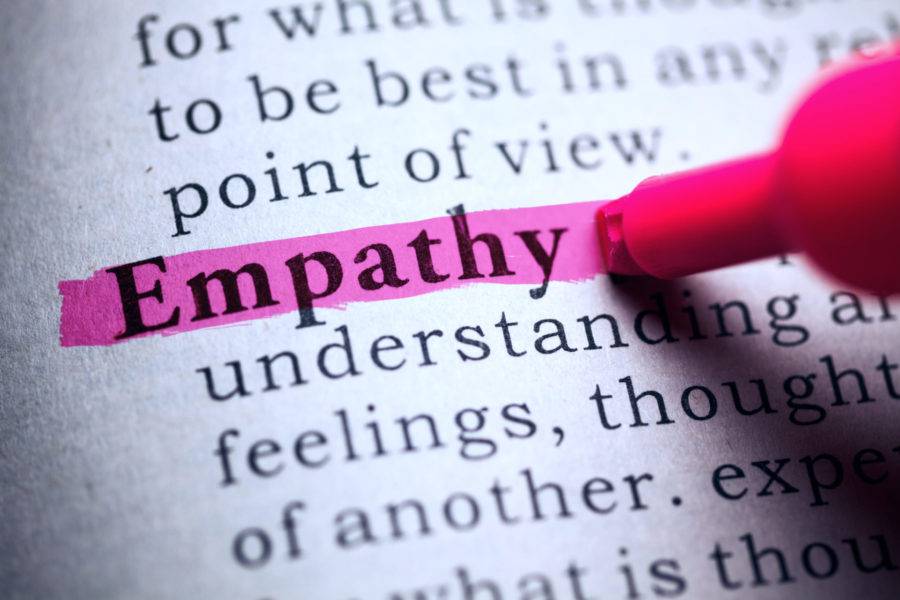Is your website costing you more money than it’s making? Here are the five most common reasons your website is a financial liability.
The internet has provided businesses with a tremendous opportunity. In 2023 we have millionaire bloggers, YouTubers buying mansions, and tiny startups selling products to massive global audiences.
However, for many businesses, their website is actually losing them money. Here’s why.
1. You’re not using it
If you’re not actively doing anything with your website, it’s costing you money.
Most businesses have mediocre websites just to ‘tick the box’. They pay someone to build it, then it sits idly, gathering dust for the next decade, costing thousands in fees (not to mention the exorbitant opportunity cost). We call this the ‘set it and forget it’ mindset.
These businesses have no website goals or wider digital strategy. They know they need a website, but they don’t know exactly what to do with it once they have one.
Would you buy an axe, leave it in the shed, and then complain when the wood never gets chopped? Just like an axe, a website is a tool. It’s a means to an end. This means there are more questions that must be answered. What are you using it for? Are you using it well? What do you need it to do? Is your axe good quality?
What can I do with my website?
Your website can be so much more than an expensive digital business card. There are so many things you could be doing with your website – the possibilities are endless!
You could be using your website to provide content, courses, offers, information, guides, videos, PDFs, ebooks, calendars, booking systems, directories, itineraries or timetables. You could receive enquiries, chat with customers, sell products or collect leads.
If used correctly, your website has the power to engage, empower and convert your audience to loyal, paying customers. If you leave it unused, it will most-likely frustrate or bore them.
Figure out what your business can do online.
2. You refuse to invest in it
One of the biggest mistakes we see businesses make is trying to do everything on the smallest possible budget.
As it is with most things in life, when it comes to digital, you get what you pay for.
Investing in digital can be a lot of money up front, but it’s non-negotiable if you want to stay relevant.
Do you have your 16-year-old receptionist “doing social media” because they’re “the only one in the building that understands this stuff”? Did you get your logo designed for $5 on Fiverr or 99 Designs? This is a signal you’re not taking digital seriously and you’re susceptible to falling into traps by cutting corners.
We’ve found it’s often helpful to think of digital as an investment, not an expense. This means you have to actually invest in it to actually see any real returns. This change in mindset is critical because:
- You’re more likely to be optimistic about digital if you focus on returns – you’ll be willing to invest more and reap the rewards
- Conversely, you’re more likely to be pessimistic if you always focus on how much everything costs – you’ll resist spending on digital at every turn and will never see legitimate results
Yes, technological advances means websites are easier to build in 2023. Yes, there are services that offer ultra-cheap digital services. This just means the space is more competitive. Everyone has a website – yours needs to stand out.
The difference between a Ford Falcon and a Ferrari is obvious. The difference between a $500 website and a $25,000 website might not be so obvious, but it’s just as significant.
You won’t beat Nike on a $500 budget.
Get serious about digital and hire a professional to build your website and market your business.
3. You’re overpaying for old technology
If your business is old, you’re probably overpaying for some sort of technology.
For larger companies, the usual suspects are custom, legacy enterprise software and CMS solutions.
For smaller businesses, the main culprit is website hosting. Why?
For starters, web hosting companies are frequently acquired by larger web hosting companies. This often results in inconsistencies in pricing, features and levels of service (we’re looking at you NetRegistry).
Secondly, most web hosting companies are simply resellers that whitelabel hosting from other providers. Long story short, you might be paying triple to your boutique hosting provider for Amazon hosting, when it would be much cheaper buy it directly from Amazon themselves.
Even domain names can be a ripoff. We often find companies paying hundreds for domain name registrations that should be costing $12 per year.
Audit your technology and find out if you’re overpaying.
4. Your website sucks
You could be doing everything right so far, but if your website just plain sucks, it’s failing (or at least, not making as much money as it could). This includes everything from the way it looks to the way people use it.
If it’s slow, it’s costing you money.
If it’s not mobile responsive, it’s costing you money.
If it’s hard to use, it’s costing you money.
If it’s ugly, it’s damaging your brand. Your website is your storefront. It has to look and feel good – first impressions are very important.
So far these are all fairly obvious issues, however the most common (and least talked about) reason a website sucks is to do with content.
The worst websites simply provide no value to the visitors. We’ve all used websites that fit this description. The content is uninteresting and self-centered. Everything is written about the business, not for the users.
There’s no reason for a website like this to exist at all, except to make the business people feel good about themselves.
We’ve seen far too many excellent websites inundated with boring corporate-speak. This type of content is excessively vague, self-indulgent and self-involved – copied from each website version and pasted into the next.
A site can look great and load fast, but if the content is bad, the website is doomed.
5. No one can find it
If your website is impossible to find, it’s not making money.
Having a great website is only one piece of the puzzle. The next piece is getting people to use it.
There are thousands (probably millions) of websites floating in the ether, that haven’t been visited in years. “If you build it they will come” doesn’t apply here. You need to do better.
The good news is, there are many ways to help your audience find your website. Some of the best ways include appearing in search engine results (Google, Bing and Yahoo), social media (Facebook, Instagram, YouTube, Twitter, Snapchat and LinkedIn) and good old-fashioned paid advertising.
Be where people are placing their attention.









